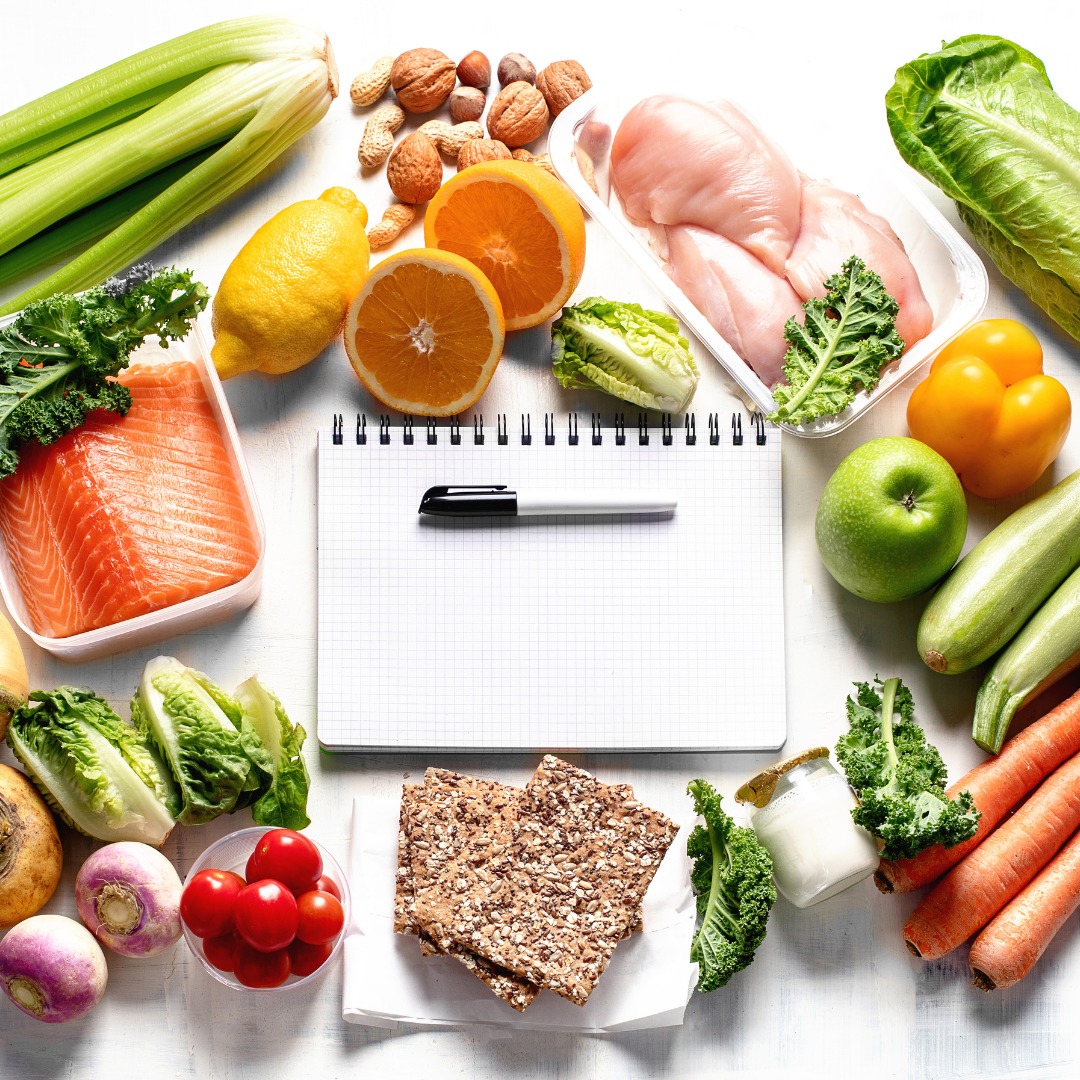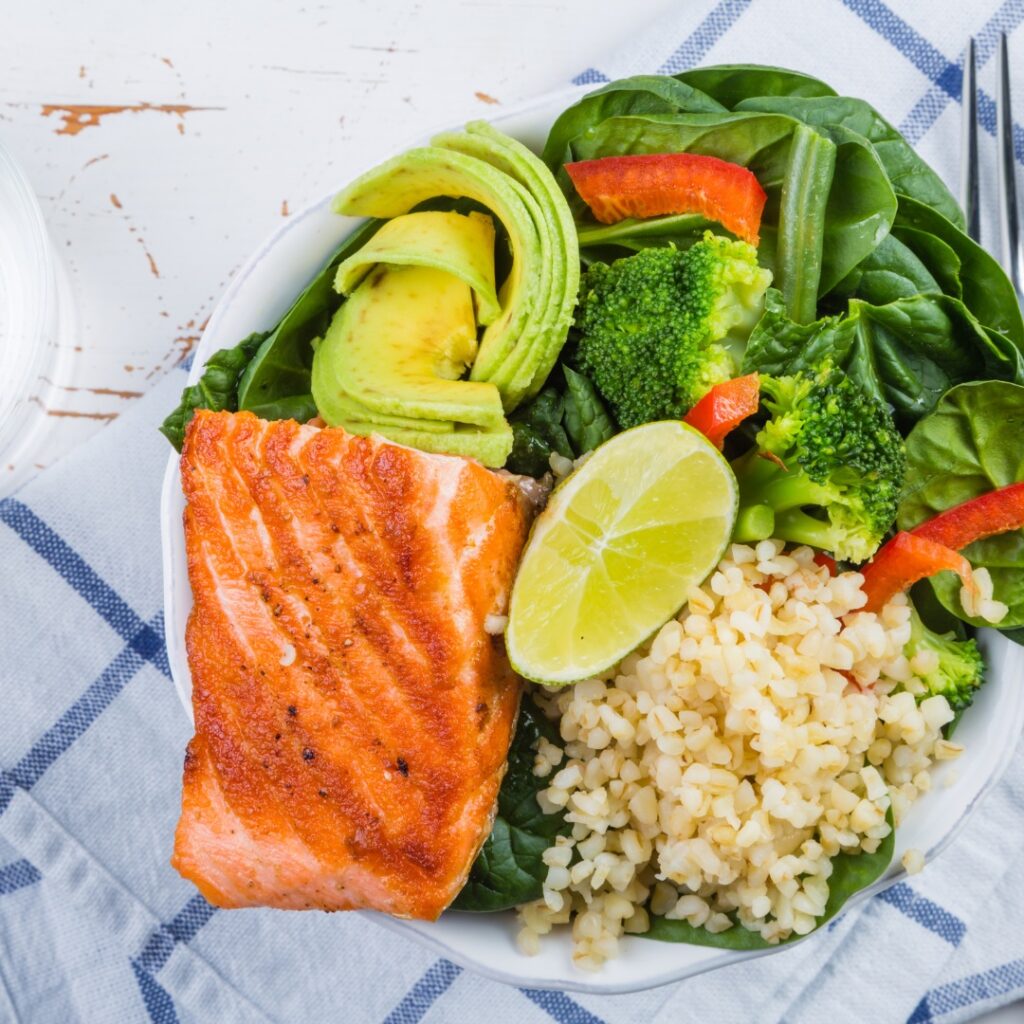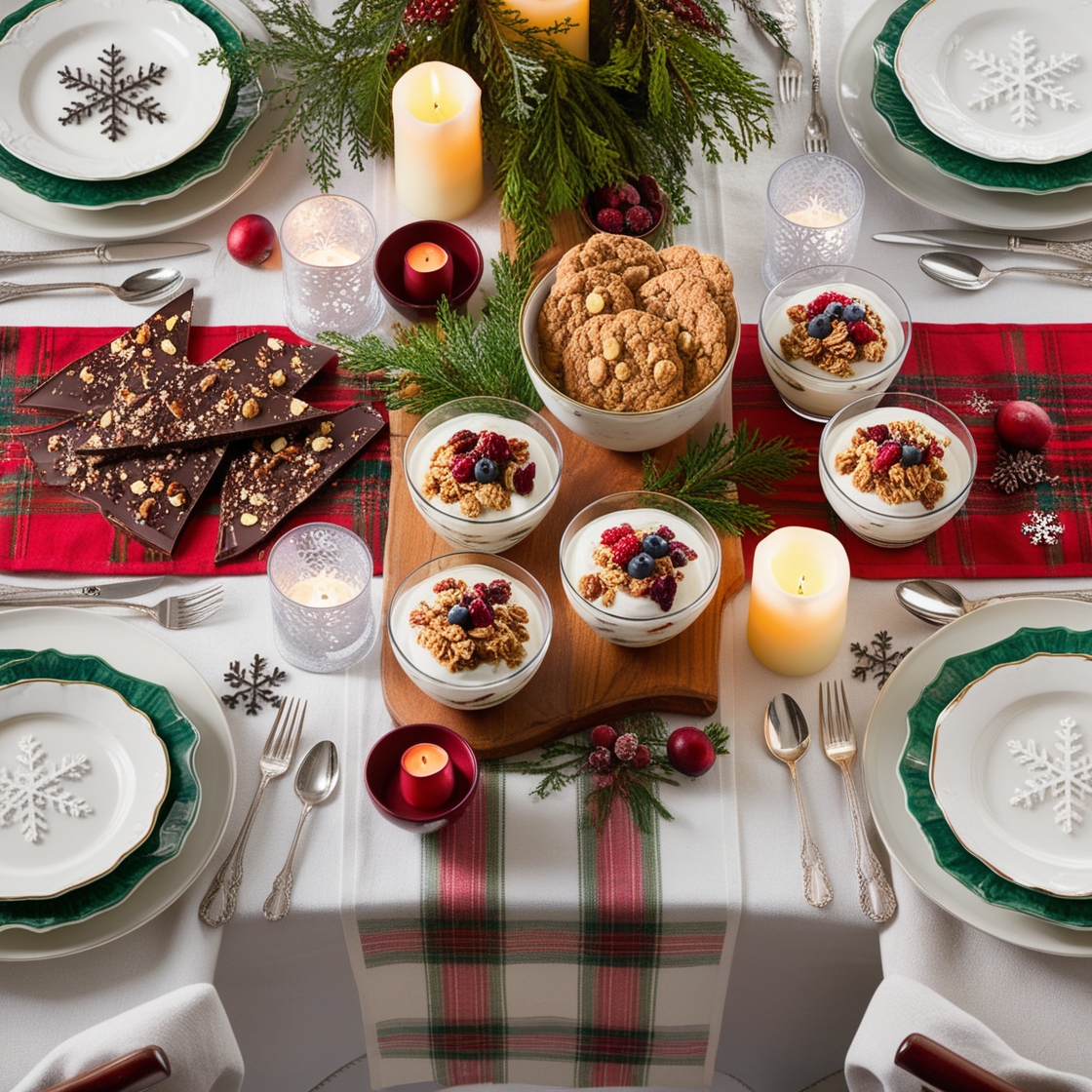Disclosure:
Thank you for reading this post, don't forget to subscribe!
Some of the links on this website are affiliate links. This means that if you click on the link and make a purchase, we may receive a small commission at no extra cost to you. Your support helps us keep the site running.Learn more on my Privacy Policy and Affiliate Disclosure page. Thank you for your support!
The holiday season, with its abundance of gatherings and festive meals, can be particularly challenging for individuals dealing with eating disorders. The emphasis on food, coupled with social expectations, may intensify stress and anxiety. However, with thoughtful strategies and support, it’s possible to navigate this time while maintaining your recovery journey. Here are eight actionable tips to help you cope during the holidays.
“The holidays are about connection, not perfection. Prioritize your well-being, set boundaries, and remember that your health is the greatest gift you can give yourself.”
1. Plan Ahead

Anticipation and preparation are key. Before attending holiday events, consider the following:
- Meal Planning: Decide in advance what and when you’ll eat to maintain a sense of control. This approach can help reduce anxiety related to unpredictable food situations. Eating Recovery Center
- Coping Strategies: Develop a list of techniques to manage stress, such as deep breathing exercises or having a supportive friend on standby for a quick chat if things become overwhelming.
2. Communicate Your Needs
Open dialogue with trusted individuals can provide a supportive environment. Consider:
- Expressing Concerns: Share your feelings about holiday gatherings with family or friends to help them understand your perspective.
- Setting Boundaries: Politely request that certain topics, like diet talk or body comments, be avoided during gatherings. This can create a more comfortable atmosphere for you. Alliance for Eating Disorders
3. Maintain Regular Eating Patterns
Sticking to your usual eating schedule can prevent extreme hunger, which may trigger disordered eating behaviors.
- Consistent Meals: Aim to eat balanced meals and snacks at regular intervals, even on days with special events. This consistency supports metabolic balance and reduces the temptation to overeat. Mayo Clinic News Network
read next:
4. Practice Mindful Eating

Engaging in mindful eating can enhance your relationship with food during the holidays.
- Savor Each Bite: Focus on the flavors, textures, and aromas of your food. Eating slowly and without distractions can improve digestion and satisfaction. Mayo Clinic Connect
- Listen to Your Body: Pay attention to hunger and fullness cues to guide your eating choices, rather than external pressures or emotions.
5. Utilize Stress-Reduction Techniques
Managing stress is crucial during the holiday season.
- Relaxation Practices: Incorporate activities such as yoga, meditation, or deep breathing exercises into your daily routine to help maintain calmness.
- Self-Care: Engage in activities that bring you joy and relaxation, whether it’s reading, taking a walk, or spending time with loved ones.
6. Seek Professional Support
Don’t hesitate to reach out to healthcare providers for guidance.
- Therapeutic Assistance: Schedule sessions with your therapist or counselor to discuss holiday-related anxieties and develop coping strategies.
- Support Groups: Joining a support group can provide a sense of community and shared experience, offering comfort during challenging times. Eating Recovery Center
7. Set Realistic Expectations
Acknowledge that perfection is unattainable, and it’s okay to experience challenges.
- Self-Compassion: Be kind to yourself if things don’t go as planned. Recognize that setbacks are a natural part of recovery and use them as learning opportunities.
- Flexible Thinking: Allow for adaptability in your plans and be open to adjusting them as needed to support your well-being.
8. Create New Traditions

Shift the focus from food-centric events to activities that emphasize connection and enjoyment.
- Non-Food Activities: Organize events like game nights, craft sessions, or outdoor adventures to celebrate the season without the central focus on food.
- Volunteer Work: Engaging in community service can provide a sense of purpose and fulfillment, redirecting attention from food-related stressors.
Recent Post:
Implementing these strategies can help you navigate the holiday season with greater ease and confidence. Remember, your well-being is paramount. For more insights and support on maintaining health during the holidays, explore our related articles on Morningscape Mindset Media:
Additionally, reputable sources like the Mayo Clinic and WebMD offer valuable information on this topic.
Prioritize your health, embrace support, and remember that you are not alone on this journey. Wishing you a peaceful and joyful holiday season.
You don’t have to face the holidays alone. By implementing these strategies, you can navigate the season with confidence and focus on what truly matters—your well-being. Share your thoughts, tips, or personal experiences in the comments below, and explore more health-focused articles on Morningscape Mindset Media. Let’s make this holiday season a time of peace, support, and growth.
more about:
HEALTH / WELLNESS / FITNESS / NUTRITION
share this article

















